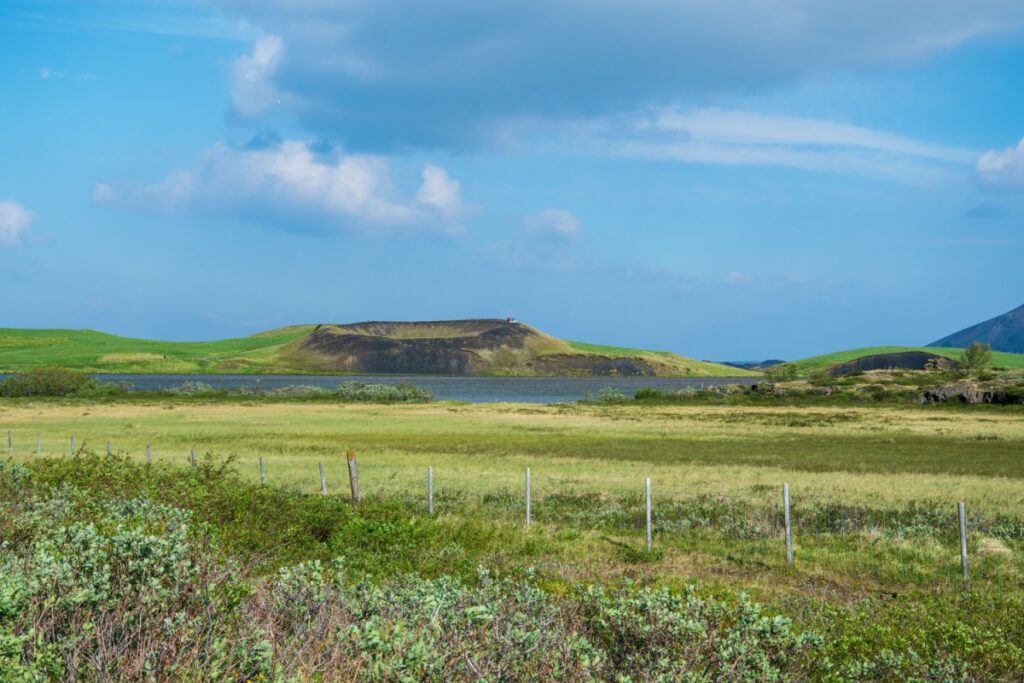For decades, Iceland has been cited in guidebooks and even in scientific discussions as a rare, inhabited country with no mosquitoes. The island’s subarctic climate, sudden temperature drops and relative lack of still, shallow water have historically prevented mosquito larvae from developing, allowing residents and tourists to enjoy hikes, hot springs and summer festivals without the usual biting insects. That long-standing claim now appears to be at risk.
A Longtime Mosquito-Free Island
Iceland’s public broadcaster RÚV reported that specialists at the Icelandic Institute of Natural History have confirmed the presence of mosquitoes on Icelandic soil for the first time in recorded history. The finding is significant because experts have often wondered why Iceland, unlike Norway, Denmark or the Faroe Islands, remained entirely free of mosquitoes despite growing traffic from Europe and North America.
Specimens Identified Near Reykjavík
According to RÚV, the insects were found on October 16, 2025, on the western coast of Iceland, close to Reykjavík, the country’s capital and its main entry point for international visitors. They were first noticed by Björn Hjaltason, an Icelandic nature watcher who posts his observations in a Facebook group called “Insects in Iceland.” Hjaltason had set up a band to attract local species when he spotted an unfamiliar, long-legged insect at dusk. Suspecting immediately that this might be the moment Icelandic hobbyists had anticipated for years, he collected the specimen and sent it to the Icelandic Institute of Natural History.
Entomologist Matthías Alfreðsson examined the sample and confirmed that it was a mosquito. Subsequent checks in the same area brought the total to three confirmed mosquitoes, all found in or near the Reykjavík region, the part of Iceland that receives the highest number of people, cargo and flights. That concentration suggests the insects may have arrived through ordinary human activity rather than appearing in the wild by chance.
Why The Insects May Now Survive The Cold
Alfreðsson identified the species as Culiseta annulata, a mosquito widely found in northern and western Europe. This particular species matters because it is unusually tolerant of cold weather: it can overwinter in sheds, basements, animal shelters or other protected places and become active again when temperatures rise. For that reason, the entomologist told RÚV that there is a real possibility the mosquitoes are “here to stay.” His assessment matches what Icelandic researchers have been warning about in recent years, that slightly milder autumns and denser air traffic and shipping, would sooner or later deliver cold-tolerant insects to the island.
Tourism data underline how open Iceland has become: inbound travel jumped from about 813,000 trips in 2021 to more than 3 million in 2023, while overnight stays rose from over 3 million to more than 8 million in the same period, according to European figures. Such volumes increase the chances that insects, eggs or larvae travel in with passengers, freight or vehicles. A warming North Atlantic and longer frost-free periods then make survival more plausible than in the past.
Tourism Hub Faces A New Environmental Reality
Officials and scientists stressed that Iceland is not suddenly facing a mosquito outbreak. Only three individual insects have been recorded, and there is no evidence of an established breeding population anywhere on the island. They also noted that Culiseta annulata is not a major disease vector in northern Europe, unlike species that can spread West Nile virus or dengue, so the immediate public-health risk is considered low.
Even so, the confirmation has symbolic weight for a country that has long marketed its clean air, volcanic scenery, glaciers covering about 8% of the landmass, and even its lack of biting insects. Iceland’s visitor economy has grown rapidly on the promise of unspoiled nature, from the Blue Lagoon and waterfall routes to winter trips to see the northern lights.
Tourism operators will therefore watch closely to see whether more mosquitoes are reported in the coming seasons. Experts said continued monitoring at airports, ports and popular natural sites will now be essential to detect any further arrivals, especially as climate conditions continue to shift in the North Atlantic.


